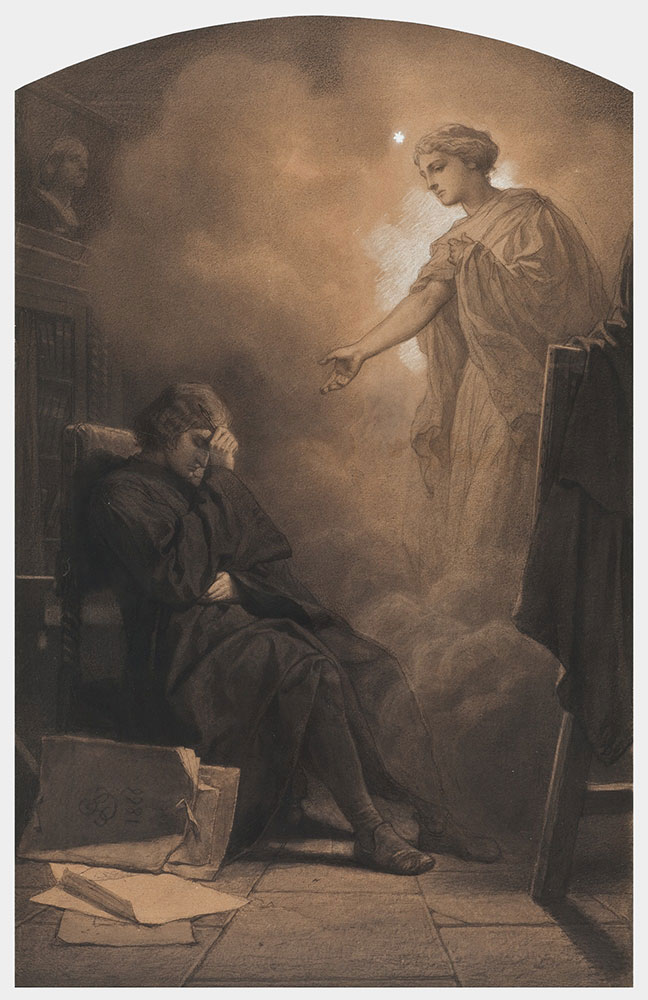The National Museum in Wrocław is presenting visitors with a series of drawings by Artur Grottger entitled “War”. Along with Jan Matejko’s Polish Kings and the Panorama of Racławice, this is one of the national treasures held in the Wrocław museum’s collection. The exhibition “Come with me through the valley of weeping” can be seen from 16 January to 16 June.
“War” is a series of 11 drawings made in black and white crayon on cardboard, created between 1886 and 1867. The artist’s aim was to create a universal work, important in every epoch and every country, which would depict war as a cruel and senseless phenomenon. Literary inspirations were: “The Divine Comedy” by Dante Alighieri and “Before the dawn” by Zygmunt Krasiński.
“The eleven drawings created between 1886 and 1867 have acquired the status of timeless works, showing a universal vision of the cruelty and consequences resulting from war. With the presentation of these works, the National Museum in Wrocław will commemorate the Year of Romuald Traugutt and the events of the January Uprising”, said the exhibition’s organizers.
The structure of the series is defined by a Prologue and Epilogue that act as a bracket enclosing the remaining nine drawings, making the viewer aware that the whole story takes place in the mind of the artist. The action of the first drawing, entitled ÄCome with Me Through the Valley of WeepingÄ, begins in the studio of the artist, who is immersed in reverie and melancholy, meeting Muse-Beatrice, who summons him to rise and undertake a journey. It is with this pair of allegorical figures that the viewer embarks on a tension- and grief-filled journey through successive scenes of wartime reality.
The narrative function of the two wanderers is reduced to depicting them as the epitome of virtue in opposition to the atrocities unfolding around the scenes. The didactic subject matter of the drawings, harmonising with intentional borrowings from Dante’s Divine Comedy, builds up the universal and timeless character of this extraordinary work.
Arkadiusz Słomczyński





